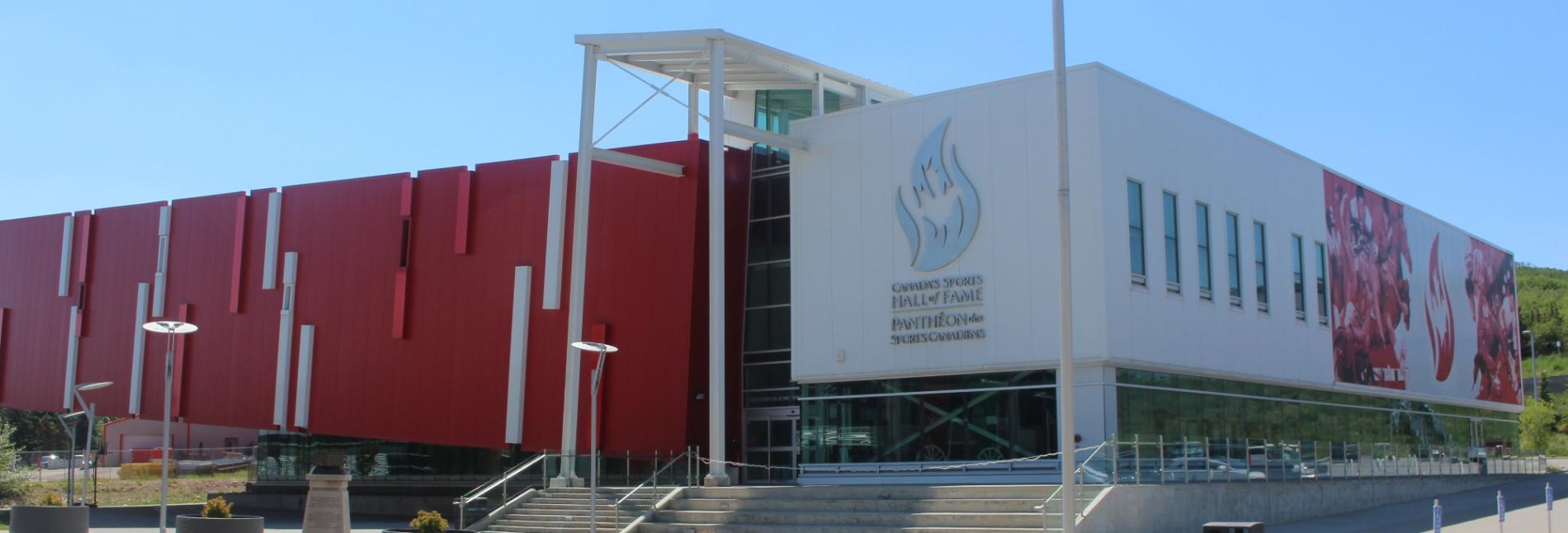Hall of Famer
C. S. Riley
Inducted in 1974
Member Details
Career Highlights
NAAO - intermediate eights
CAAO - junior doubles
NAAO - senior fours, international fours
NAAO - senior fours, international fours, and senior eights
CAAO - senior eights
Stewards' Challenge Cup, Henley Royal Regatta - fours
Sir Thomas Lipton Cup, North Western International Rowing Association

Story
Conrad Stephenson ("Con") Riley was literally born to travel on water. He entered the world on a cross-Atlantic journey as his mother returned to Hamilton, Ontario, after visiting family in England. His family moved to Winnipeg in 1883, where his father worked with insurance and trust companies. An athlete from his youth, Riley enjoyed curling, hockey, and trap shooting, and he was one of the Manitoba's best early polo players. But it was when he joined the Winnipeg Rowing Club (WRC) in 1892 that he found his sporting niche. As a rower, he won national and international competitions in doubles, fours, and eights, while as a club member he participated in the WRC as rower, coach, organizer, and administrator. The WRC had been founded in 1883 and, by the time Riley joined, it boasted a distinguished clubhouse at the junction of the Red and Assiniboine Rivers that had been donated by Donald Smith, Lord Strathcona. On August 8, 1900, Riley participated in one of the club's great early moments when he stroked the WRC eight to victory over the famed Argonaut crew from Toronto in an exhibition race. This same crew travelled to Philadelphia in 1901 and captured the National Association of Amateur Oarsmen (NAAO) intermediate eights. National success came in 1902 when Riley and Fred Bole won the national junior doubles title at the Canadian Association of Amateur Oarsmen (CAAO) regatta. Later that year, Riley stroked the WRC to victory in the senior fours and international fours at the NAAO regatta. The WRC duplicated those two victories in 1903 and added the senior eights title with Riley in the stroke seat. The WRC fours, with Riley in the bow, travelled to Henley to compete for the 1904 Stewards' Challenge Cup, but were defeated in the final. In 1908, Riley captured a national senior title, stroking the WRC eights to victory at the CAAO regatta. But it was in 1910 that the WRC realized its Henley dreams of six years earlier as Riley stroked a Winnipeg four at the Henley Royal Regatta, competing again for the Stewards' Cup. This time they defeated the defending champions, Thames R.C., in the semi-finals, before capturing the cup by defeating Mainzer R.C. from Germany in the final. WRC's most famous rowing moment came in the 1912 NAAO regatta where the club swept all seven events with Riley stroking the winning crews in the senior fours, international fours, and senior eights. In 1913, he led the WRC to wins in the senior fours and senior eights at the CAAO regatta. That eights crew, stroked by Riley, travelled to Henley to compete for the Grand Challenge Cup, advancing to the semi-final where they lost to the eventual winning crew from Harvard University. In 1914, Riley hoisted the inaugural Lipton Cup at the North West International Rowing Association (NWIRA) regatta as WRC claimed the regatta's aggregate championship. The WRC had played a leading role in founding the NWIRA in 1885 and today its men's champion is awarded the Con Riley Trophy. The 1914 season, however, was to be Riley's last as a competitive rower. The war in Europe interrupted his professional and athletic career as he joined the Canadian forces overseas. Upon returning from the war, Riley resumed his association with the WRC as a coach. In 1929, he was named the WRC's honourary president, having already served the club for 37 years as vice-captain, captain, vice-president, and, in 1911, president. While his professional career took him to a senior directorship with the Hudson's Bay Company, Riley continued to row until he was 70.






